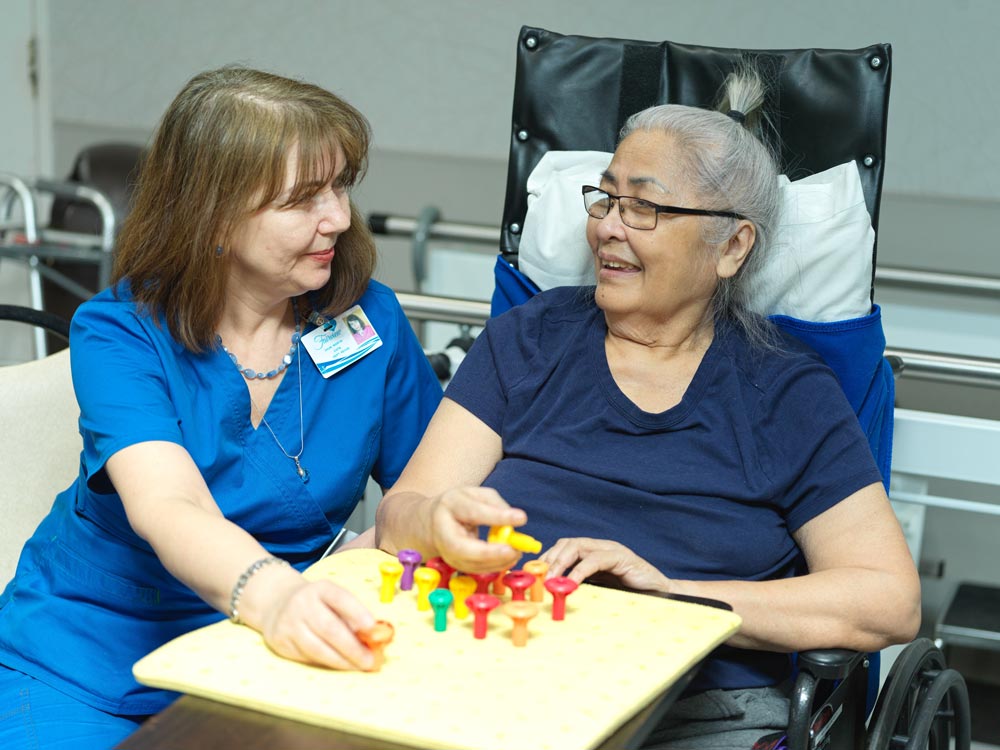Neurological Issues: How Do You Recover from Them?
Neurological disorders affect some of the most important areas of your body. These include your brain, as well as your central and autonomic nervous systems. Neurological issues can be mild or quite severe, so knowing what to watch for is the first step.
If you’ve been affected by a neurological disorder, learning to live with it can be tricky. Depending on what type you have, there are several recovery options available to you. You may need cognitive therapy, physical therapy, pain management, or even all of them to help you along. The following information covers what this entails but it is for education purposes only. Make sure you talk to your doctor or therapist if you have neurological issues.

How Do You Recover from Neurological Issues?
There are many causes of neurological disorders, from physical injuries to infections to genetics. Each disorder can affect you differently since some issues can alter single neurons while others disrupt entire neurological pathways. For this reason, the recovery options are also varied, depending on the type of neurological issues you’re dealing with.
Some people may have more physical symptoms, which could require one or more therapy options. This can include physical therapy for reducing pain and stiffness and rebuilding your strength and mobility. Your doctor may recommend occupational, speech, or balance therapies as well. Those dealing with emotional distress may even benefit from some psychological support.
Pain management is another possible option for recovery. Whether your pain is mild and short-lived or severe and lingering, some medications can help you cope. This reduces sleep issues, depression, and even increases mobility in many cases.
Symptoms
The symptoms of a neurological disorder can include both emotional and physical issues. You may not experience all of them since different neurological issues can cause varying symptoms. The emotional symptoms can include mood swings, sudden outbursts, depression, or delusions. If you notice these in yourself or a loved one, you may want to speak to a medical professional.
Several physical symptoms may also affect you if you’re suffering from a neurological disorder. These can include difficulty with reading or writing, poor cognitive abilities, and reduced alertness. You may also notice some muscle weakness, unexpected pain, loss of sensation, partial or complete paralysis, or even seizures. Even mild symptoms should be monitored and discussed with your doctor.
What are the most common neurological issues?
The nervous system is made up of some of our most important parts. These include our brain and spinal cord, as well as the muscles and nerves that connect them. This network of parts controls most of our important functions, from breathing to movement to bladder function.
That’s why there are so many different types of neurological issues. The most common ones vary in severity. For instance, headaches and migraines are considered neurological disorders, though both can be managed using medication or some simple therapeutic techniques.
Other common neurological issues include seizures, epilepsy, dementia, and strokes. Alzheimer’s disease, Parkinson’s disease, and Amyotrophic Lateral Sclerosis (ALS) are also quite common. Many of these issues have no known cure, though they can be managed using the proper treatment and recovery techniques.
This article contains informational and educational materials and does not replace health or medical advice. For questions or concerns regarding your medical condition or health objectives, speak to a qualified physician or healthcare provider.






Leave A Comment